Expert: Understanding the Path to Mastery
by Roger Kneebone
Many of us aspire to mastery in our area of specialism. But how does one get there? It’s not always clear. Roger Kneebone, a former trauma surgeon turned Imperial College London professor and ‘expert on experts’ has spent years joining the dots between various professions to build a model of how one might advance to the levels of skill to become a true master.
Our most recommended books
-

Stumbling on Happiness
by Daniel Gilbert -

Popular: The Power of Likability in a Status-Obsessed World
by Mitch Prinstein -

Mindset: The New Psychology of Success
by Carol Dweck -

Getting Things Done: The Art of Stress-Free Productivity
by David Allen -

Quit: The Power of Knowing When to Walk Away
by Annie Duke -

Deep Work: Rules for Focused Success in a Distracted World
by Cal Newport
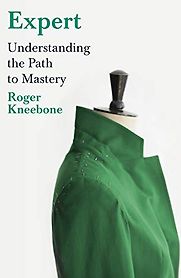
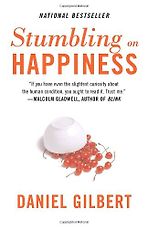
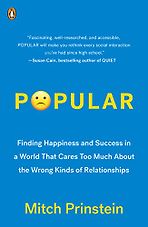
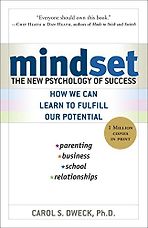
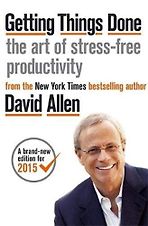
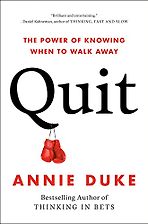
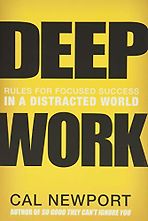
The book, according to the author